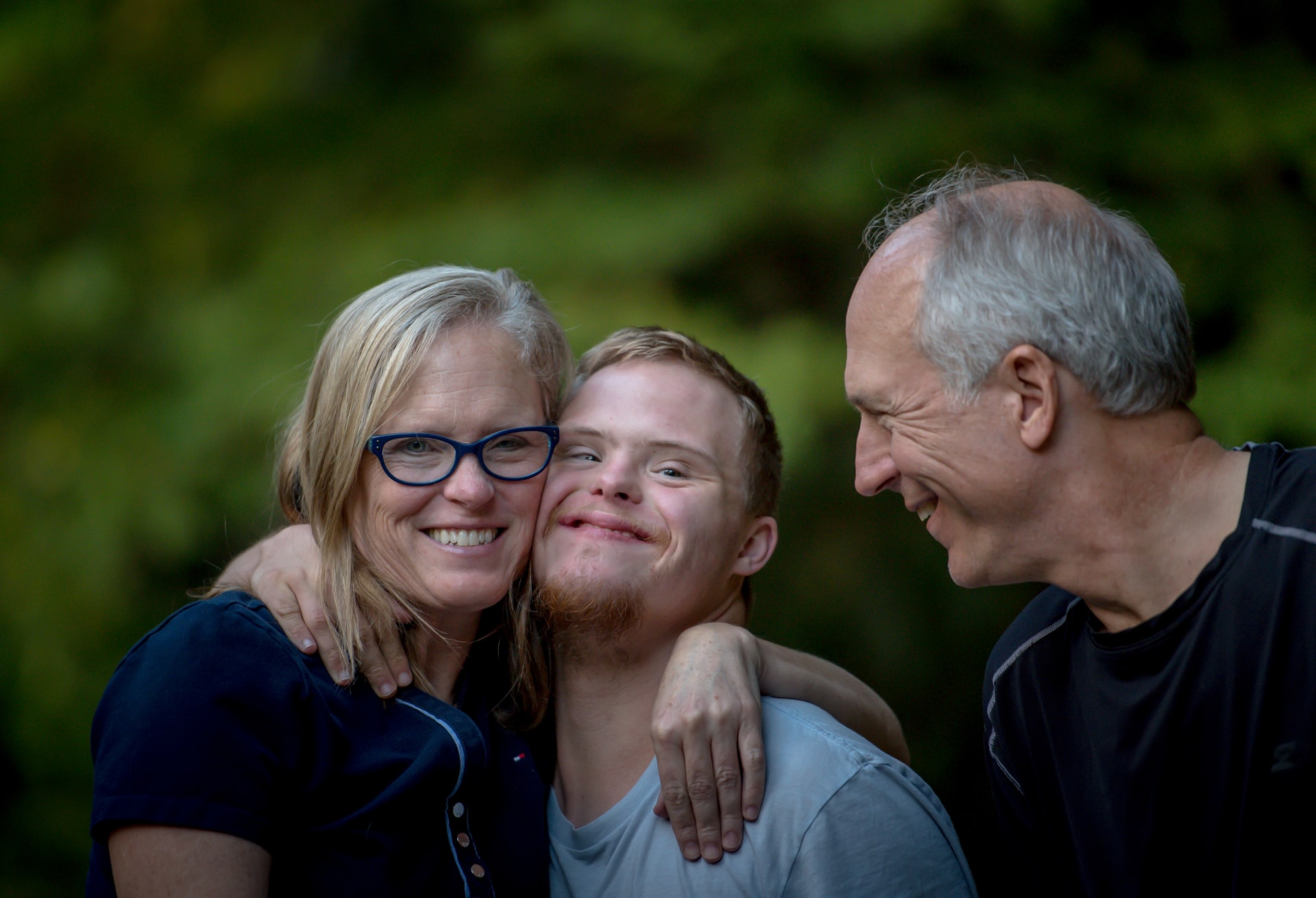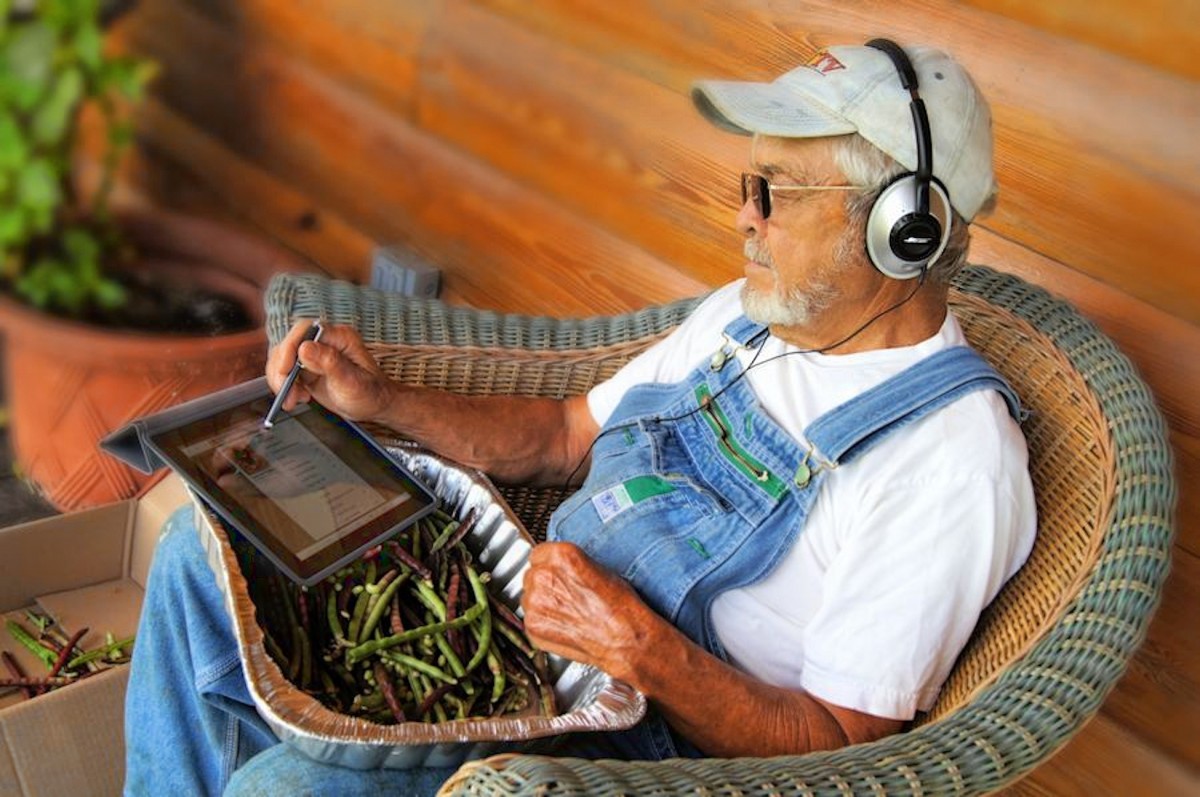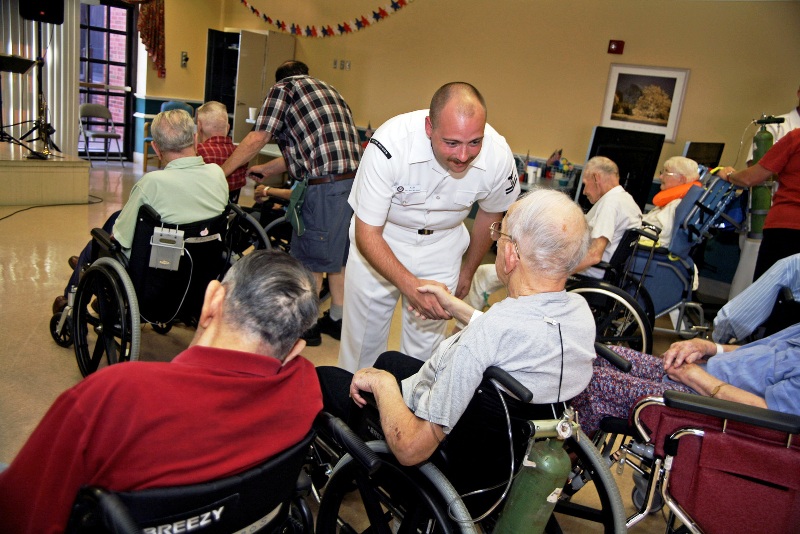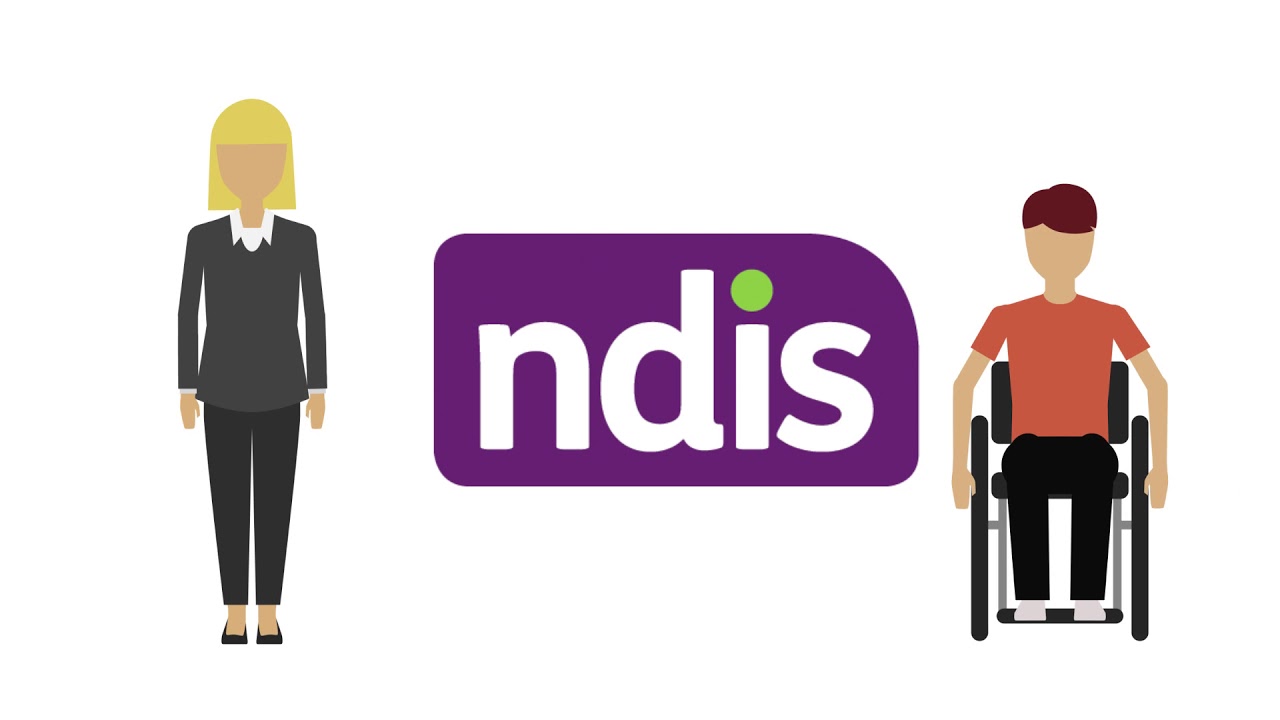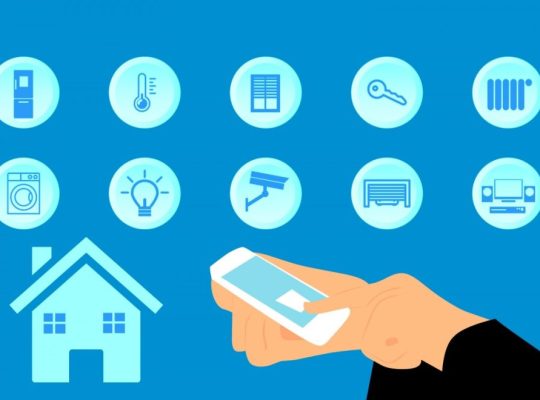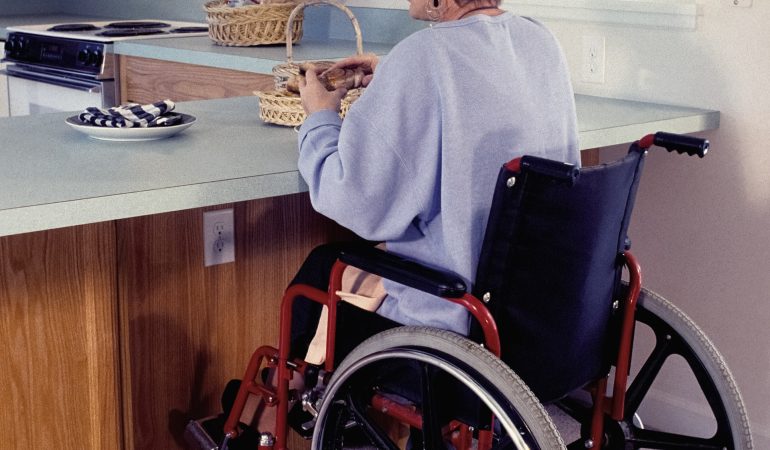We all know someone, be they our family members, friends, or colleagues, who are differently-able, and at points when they are struggling, we want to help them out, but we don’t know if we are stepping over boundaries. Because there are a lot of negative attitudes when it comes to people who are differently-abled, sometimes we are a bit wary of helping them because we think we might be doing the wrong thing.
By changing your attitude and by being more considerate, you are already doing more than half of the population when it comes to talking and treating people who are differently-able as your equals. So, without further ado, let’s get into this list and learn some of the ways in which you can help someone who is differently-abled.
1. Ask before offering help
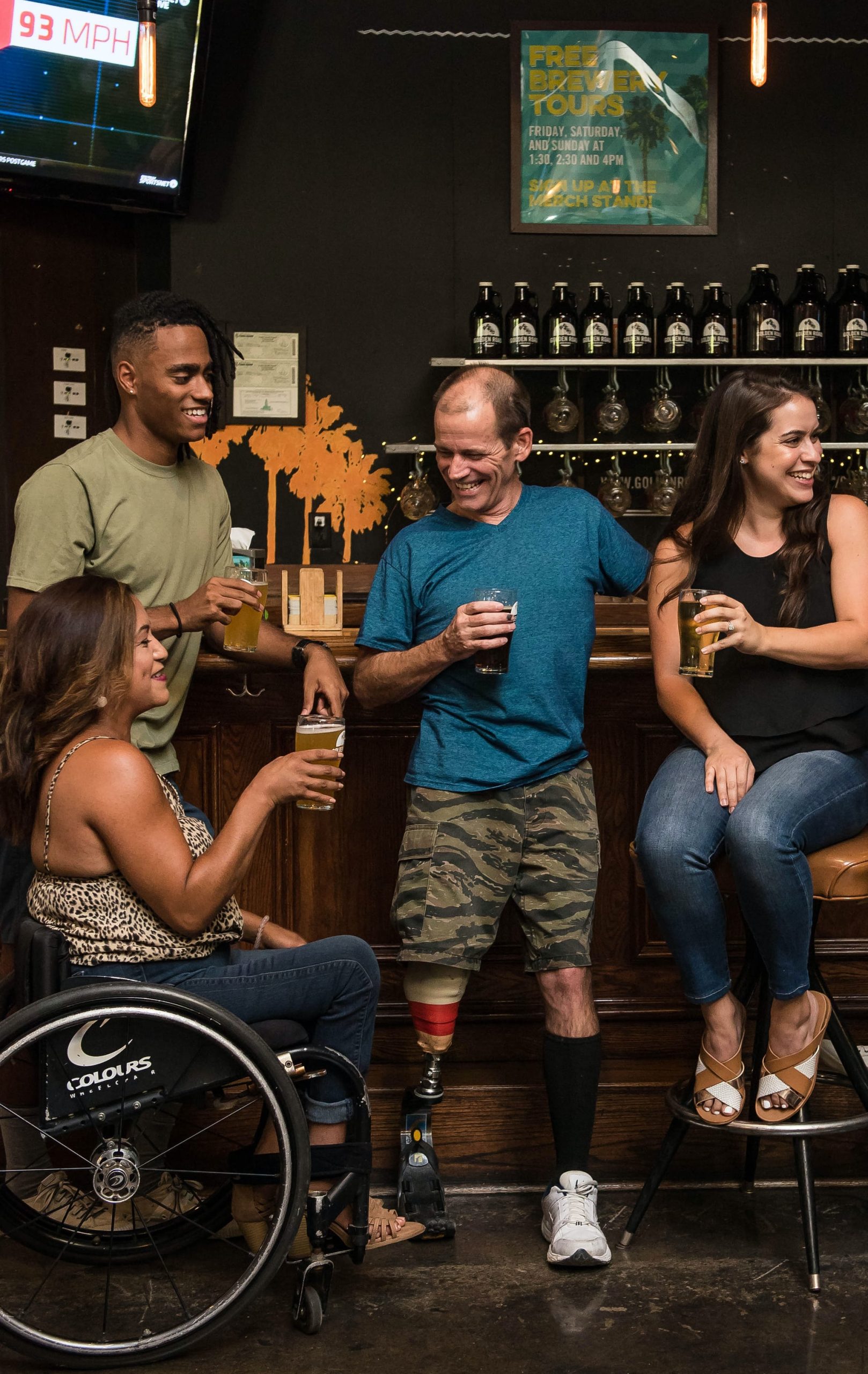
Consent is key; this applies in any form of relationship, you might think that someone needs help, but you need to ask yourself how much of that is rooted in sexism and ableism. So, if you see a woman lifting a heavy bag or a person with a disability doing something, don’t just assume that they need your help.
Most of the time, they don’t. Be conscientious of your surroundings and one’s personal space; before helping someone, ask them if they need help before. This is the first step of treating everyone equally. Just because someone has a disability doesn’t mean that they automatically need the help of an able person. Remember differently-abled people are just like you and me.
You need to be conscious that differently-able people are aware of their needs, and they know how to manage their day-to-day life because they have to live through them. So, before lending a helping hand, ask the person if they need help first and then help them accordingly.
2. Respect their Personal space
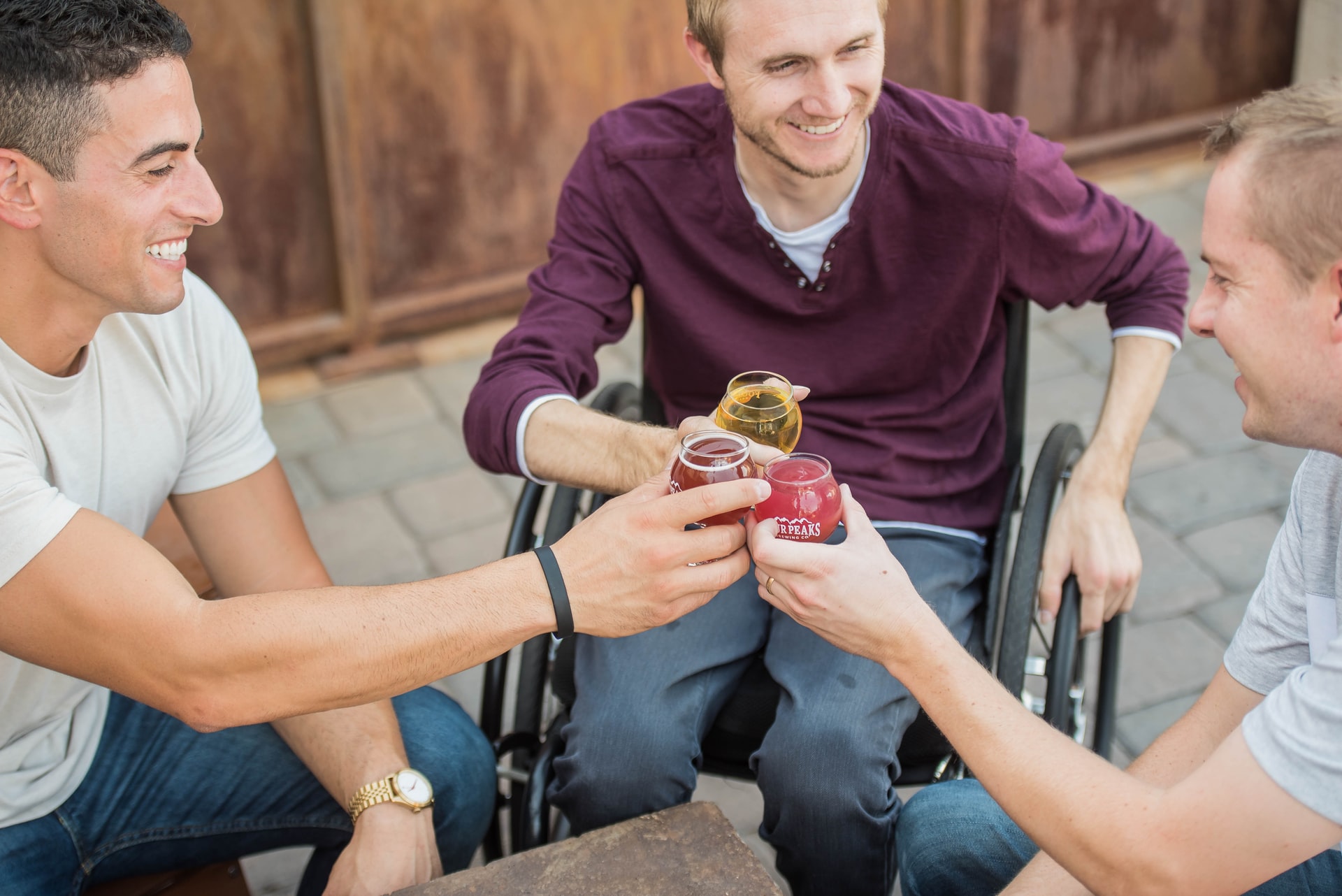
We are in 2022, don’t just Karen your way into someone’s personal space. You need to learn about boundaries and how to rest them. So, don’t touch their mobility aids or other aid equipment without their permission; they aren’t a freak show or a zoo animal that you are seeing.
Respect them by treating them normally because their aid is part of themselves. If someone has an assistant dog, please don’t pet them because you are distracting them from doing their job, and this isn’t something that you should be doing. In other words, keep your hands to yourself.
Some things you should know and do:
-
- Always knock on the door when you enter their space
-
- Don’t move their moving aid without their permission
-
- Don’t talk about their disabilities behind their back.
-
- Don’t tokenize them.
Remember, always ask for consent, no matter the situation.
3. Be direct and listen

If one of your loved ones has a mental or developmental disability, then using simple words is a better way to get meaning across, and this doesn’t overwhelm their senses. Avoid using complex terms; this is not a college class where you’ll get brownie points for using words like neoliberalism or conjecture.
Explain yourself in simple and short phrases that are easy to digest and won’t overload their system. After you’ve talked to them, allow them to think it through and make their own decision and conclusion on what you said. By doing this, you are showing them that you respect their decision and that they have a say in things rather than having something imposed on them.
You should also try to work on yourself and try to be more resilient and have more patience, especially when you are dealing with someone who has speech disabilities and takes time to finish their sentence. I know you think you are doing them a favor, but don’t interrupt them and finish their sentence for them. Be patient and let them do it on their own.
Sound off in the comments section below and tell us what you want to read next and tell us if you want to read more about some ways to help treat differently-abled people.

